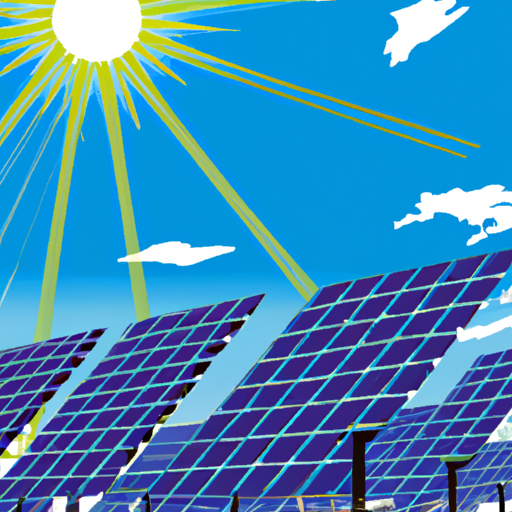The N.C. Clean Energy Technology Center (NCCETC) has unveiled the third quarter 2023 edition of its influential report, The 50 States of Solar. Through this publication, the center provides an analysis of regulatory and legislative developments related to distributed solar energy, with a detailed focus on subjects such as net metering, valuation of distributed solar, community solar, residential demand and solar charges, third-party ownership, and utility-led rooftop solar initiatives.
Key Findings of the Report
During Q3 2023, as many as 39 states along with the District of Columbia and Puerto Rico took some measures relating to distributed solar policy. The majority of these solar policy actions were centered around net metering policies (47). In addition, substantial activity was observed for residential fixed charge or minimum bill increases (44), and community solar policies (38). In total, there were 157 solar policy actions taken in this period. States leading in these actions include California, North Carolina, New York, Hawaii, Maine, and New Mexico.
Q3 2023 Policy Developments on Net Metering, Rate Design, and Solar Ownership
The report also identifies three key trends in solar policy activity specific to Q3 2023. These include a focus on promoting low-income community solar participation through carve-outs and incentives, utilities seeking to standardize distributed generation remuneration tariffs, and states exploring solar incentive funding through programs like the U.S. Environmental Protection Agency’s Solar for All initiative.
Improved Engagement of Low-Income Households
“This quarter witnessed key policy developments aimed at enhancing the participation of low- and moderate-income (LMI) households in community solar projects,” commented Vincent Potter, a Policy Analyst at NCCETC. “For instance, New Jersey’s permanent community solar program demands that a minimum of 51% LMI customers benefit from each facility. Minnesota and Washington State regulators, too, are examining rules regarding LMI-focused access within their respective community solar programs.”
Top Five Solar Policy Actions of Q3 2023
The report provides a compendium of the top five policy actions concerning distributed solar in Q3 2023. “There’s a rising complexity seen in the structure of new net metering and net billing programs getting green-lit. Many of these now come with credit rates that fluctuate based on time or necessitate customer compliance with a time-of-use tariff,” observed Brian Lips, Senior Policy Project Manager at NCCETC.
N.C. Clean Energy Technology Center: Pushing the Envelope of Clean Energy
As a part of the College of Engineering at North Carolina State University, the N.C. Clean Energy Technology Center is a pioneer in advancing a cleaner, sustainable energy economy. This is achieved through education, demonstration, and support for clean energy technologies, practices, and policies. It also serves as a key resource of innovative, sustainable energy technologies and offers technical assistance, outreach, and training. To learn more about the Center, you can visit: http://www.nccleantech.ncsu.edu.
Original Article Source: N.C. Clean Energy Technology Center
























